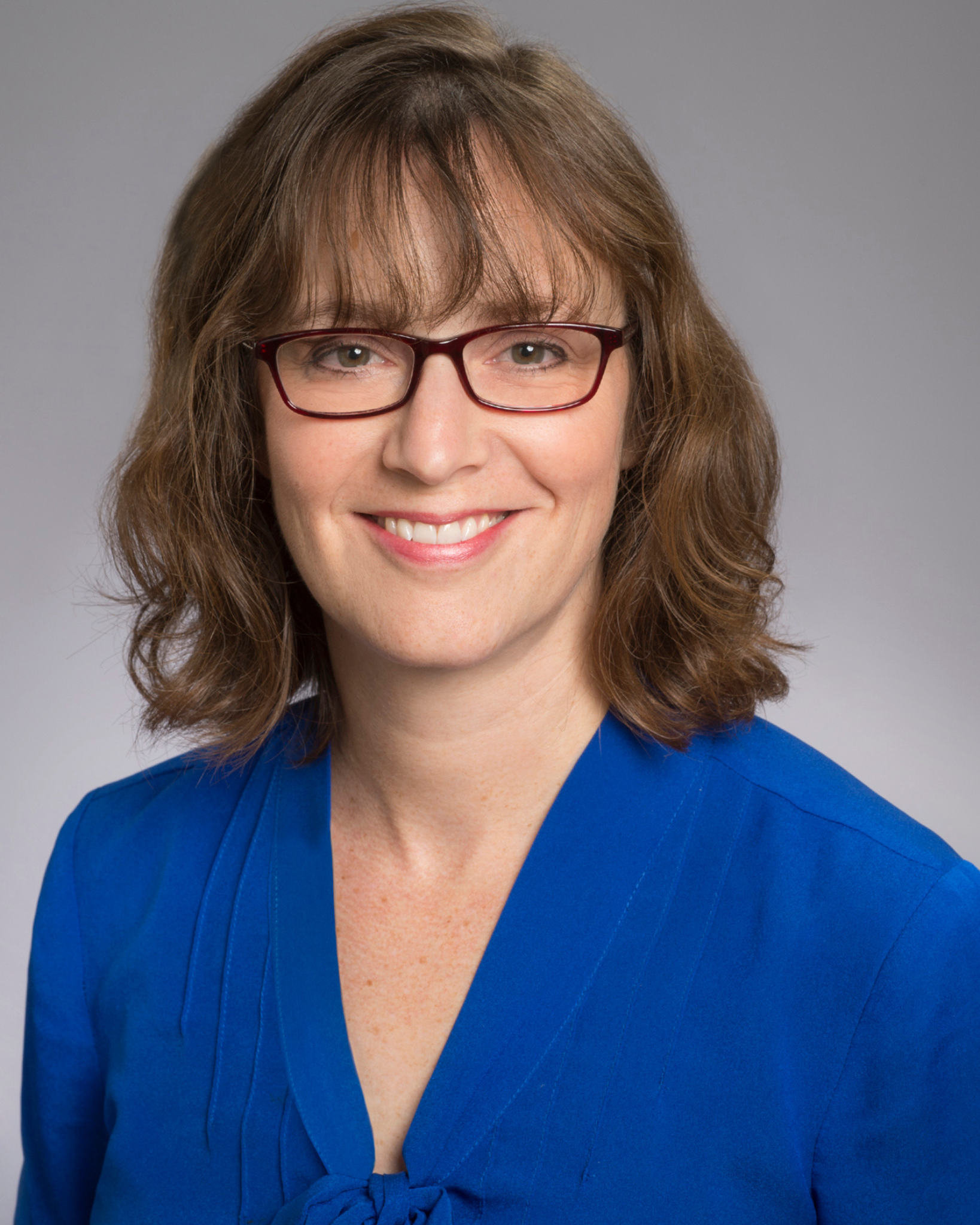2025 Features
The Emory Alliance for Women in Medicine and Science (EAWiMS) is excited to celebrate Women’s History Month. Exceptional rising star female faculty and staff members here at Emory School of Medicine were interviewed in celebration and honor of Women’s History Month. We invite you to read their stories to learn more about how being a woman in their field has impacted their career and their advice for other women.







